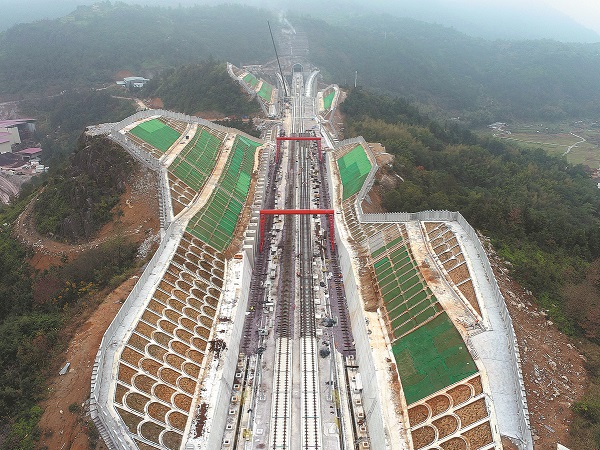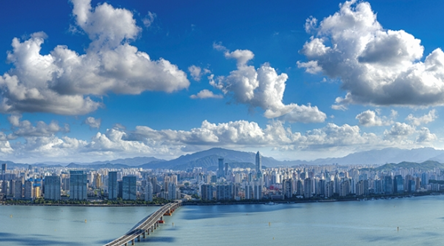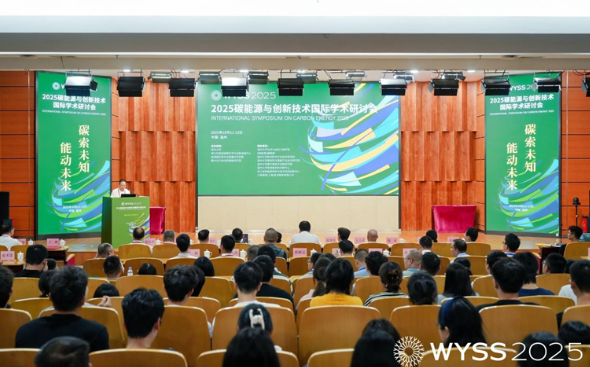When state firms try to give reality a utopian touch
时间:2024-02-26 16:03:32 来源 : DisCoverWenzhou 作者 : Zhuang Qiange
Are China's State-owned enterprises drawing inspiration from Peach Blossom Spring - a fable spun by Tao Yuanming (365-427) of the Eastern Jin Dynasty (317-420) - to illustrate how modern industry can play a constructive role in community and nation building to create what might be called a 21st-century utopia? Such a question might not be inappropriate this Spring Festival holiday, given the enterprises' recent record.

Historically, Tao is known as China's most famous recluse. His fable painted astounding views of a broad, flat landscape with imposing houses, lush fields, lovely ponds, rich mulberry trees and sprawling bamboo gardens, all connected by paths extending among the fields in all directions. The imagery portrayed, it is said, impressed the fisherman who broke into Tao's Shangri-La by accident.
Most Chinese junior high school textbooks have enshrined Peach Blossom Spring, a nod to Tao's vision of utopia - a place without wars and filled with people's laughter and a harmonious and prosperous life.
Today's China, a land that has not waged or been embroiled in any war for decades, thanks to its emphasis on peace, diplomacy and development, resembles Tao's utopia. Led by the Chinese government and strengthened by SOEs in various fields, China might receive Tao's vote of approval.
Take Lanxi, a county-level city in Jinhua of Zhejiang province, for example. In early January, when a cold wave swept across major parts of China, Lanxi's farmers were worried lot. Concerns over food security rattled the local government and SOEs, triggering an immediate response from the local power supply unit of State Grid of China. The SOE made sure electricity supply to key local enterprises did not get disrupted by the extreme weather.
Junlian Ecological Agriculture Technology Co Ltd, a local mushroom grower, was among the beneficiaries. Chen Shaorong, owner of the firm, said mushroom cultivation in the greenhouses requires exacting temperature and humidity controls. Even slight variations could affect the quality of the produce.
Junlian deployed its staff members to ensure its power distribution equipment like electrical meters and insulation covers were all securely installed and functioned normally. It also promoted electrical safety awareness, helping its farmers to regulate temperature and irrigation.
"Thanks to State Grid, we had stable electricity supply. We have no more worries for the rest of the winter," Chen said. (Zhuang Qiange)
Junlian went on to establish an efficient WeChat-based response mechanism for local enterprises that practise smart farming in greenhouses, providing them with an online channel to ask questions or seek repairs. Besides, it develops personalized power supply plans for clients based on the latter's demand and electrical load.
These moves help farmers successfully meet rising demand for fruits and vegetables around the Chinese Lunar New Year holiday period.
Li Guoxiang, a researcher at the Rural Development Institute, which is part of the Chinese Academy of Social Sciences, said China's food security, though at a pretty high level, still faces many challenges. When there is extreme weather or a natural disaster, timely measures must be taken to reduce damage to agriculture.


